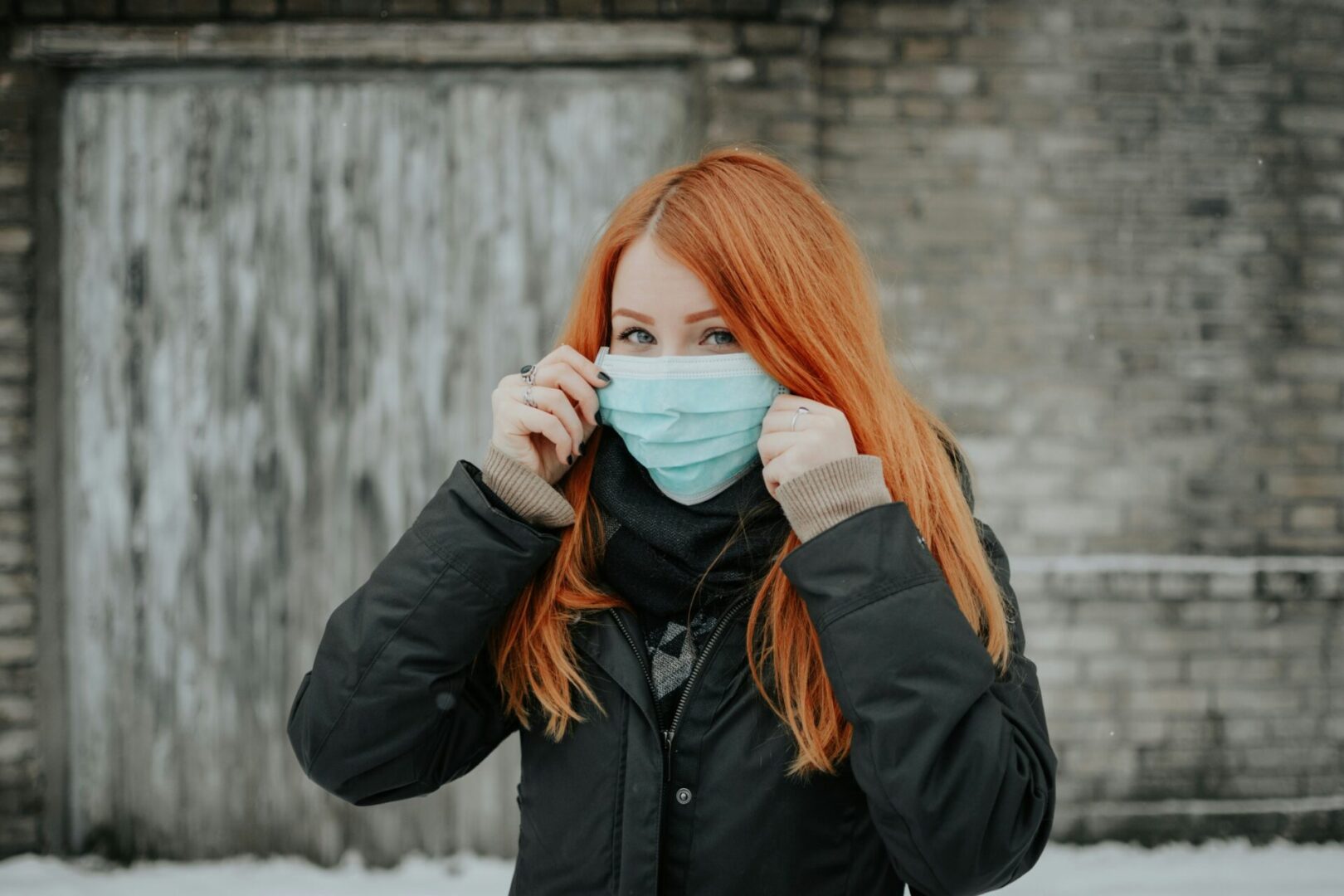During the lockdowns, panic and uncertainty of 2020 and 2021, most of us were confronted with a shared experience of loss, confusion and helplessness. Many were trapped in buildings, cities or districts unable to travel to see loved ones or escape upsetting or painful circumstances, afraid of the consequences.
This feeling of entrapment, unable to fight back or run away is often what causes the most distressing post-traumatic effects.
Signs of collective trauma can include heightened anxiety, disconnection, mistrust, emotional numbness, or even tension within communities. It can manifest as difficulty rebuilding social bonds, increased conflict, or withdrawal.
The Shared Experience of COVID-19
The COVID-19 pandemic was a truly global crisis, with lockdowns and social restrictions affecting billions. Countries closed borders, businesses shuttered, and people were confined to their homes. For many, this period of isolation brought feelings of entrapment and helplessness. Families were separated, milestones were celebrated alone, and individuals faced the daunting uncertainty of not knowing when, or if, life would return to normal.
The psychological toll was immense. In the UK, the impact of the pandemic on mental health was significant. According to research from the Mental Health Foundation, levels of anxiety rose markedly during the initial lockdowns in 2020. Around 62% of adults reported feeling anxious or worried due to the pandemic. Another study found that one in six adults experienced a common mental health problem, such as anxiety or depression, in any given week in England during the pandemic. Similar trends were observed worldwide, highlighting the collective distress. Anecdotal reports of frontline workers experiencing burnout and families grieving for loved ones without traditional funerals illustrated the depth of the crisis.
From a trauma psychology perspective, this period was marked by a lack of control, a key factor in the development of traumatic stress. People could neither escape the pervasive threat of the virus nor actively combat it, leading to chronic feelings of vulnerability. This lack of agency mimics conditions often seen in trauma survivors, fostering fear, disconnection, and emotional paralysis. The shared pandemic experience became a profound example of collective trauma, reshaping how we understand and address global crises.
Psychological Effects of Collective Trauma
Collective trauma describes the psychological and emotional harm that’s left over from a group’s shared experience of a traumatic event, or several events. The collective distress, fear, immobility and uncertainty of the COVID-19 pandemic has left a scar that will take time to heal. Common symptoms of collective trauma were widely observed during the COVID-19 pandemic, as people collectively faced fear, isolation, and uncertainty, and the psychological and social effects of this trauma remain in many communities.
During 2020 and 2021, heightened anxiety and hypervigilance emerged as individuals and families diligently monitored news updates and health risks, remaining on high alert for signs of illness and weak points in their carefully sterilised social bubbles. Disconnection and mistrust grew due to prolonged isolation and conflicting information about safety measures, which often further strained relationships.
Many also experienced emotional numbness as a coping mechanism, shutting down to avoid overwhelming stress. Additionally, pandemic-related pressures often caused tension and conflict in homes and communities, as families navigated economic struggles, sickness, grief, work challenges, childcare demands, and differing responses to restrictions.
To understand trauma we need to challenge old ideas. Trauma is not just the distressing event itself but how the body reacts to an overwhelming situation. As Dr. Gabor Maté explains, “Trauma is not what happens to you, but what happens inside you as a result.” The nervous system becomes overwhelmed, and even after the event passes, the body continues to respond as though the danger is still present.
Bessel van der Kolk’s research highlights how trauma can affect memory storage, leaving emotional and physical responses “stuck” in the body. In collective crises like COVID-19, this can manifest as chronic stress, hypervigilance, or exhaustion.
Collective trauma can cause psychological, emotional, and behavioural challenges. Psychological distress is common, with 10-20% of individuals developing PTSD, while others experience heightened anxiety, insecurity, and reduced well-being.
To cope with overwhelming distress, some turn to substance use, relying on alcohol or opioids to temporarily relieve trauma symptoms like dread or guilt. This risk increases when support systems are disrupted, as was seen during the COVID-19 pandemic when access to services was significantly limited.
Trauma can also erode self-esteem, fostering guilt or helplessness for not responding “better” during the crisis. This emotional burden may persist even as circumstances improve and impact self-image causing wide-ranging insecurities and lack of trust in oneself.
Resilience and Recovery from Crisis
Despite its devastating effects, collective trauma can also reveal human resilience and the power of communal support. During crises, individuals and communities adapt in creative ways, using coping mechanisms to sustain connection and hope. Virtual platforms became lifelines for maintaining relationships, providing therapy, and facilitating collective mourning through online funerals or celebrations. Social media enabled mutual aid networks, connecting people to essential resources like food, financial assistance, and mental health support.
A renewed focus on mental health emerged as individuals sought therapy and mindfulness, breaking stigmas and prioritising emotional well-being. Small acts of solidarity, such as neighbours checking on each other or frontline workers being celebrated, exemplified the strength of collective care.
Overcoming Trauma with Khiron Clinics
At Khiron Clinics we are committed to prioritising approaches that emphasise safety and empowerment. As a Polyvagal Informed certified residential clinic, we recognise the body-mind connection and understand that healing from trauma benefits from bottom-up approaches where we address the physical and sensory aspects of trauma as well as delving into cognitive or emotional issues.
Khiron Clinics specialises in therapy that directly works with the nervous system, offering a wide variety of approaches to heal the underlying causes of mental health issues, often rooted in unfinished responses to earlier threats.
Sources
https://www.mentalhealth.org.uk/about-us/news/pandemic-one-year-mental-health-study
https://www.mentalhealth.org.uk/our-work/research/coronavirus-mental-health-pandemic-study
https://pmc.ncbi.nlm.nih.gov/articles/PMC3181589/#:~:text=It%20has%20been%20estimated%20that,corresponds%20well%20with%20these%20figures.






